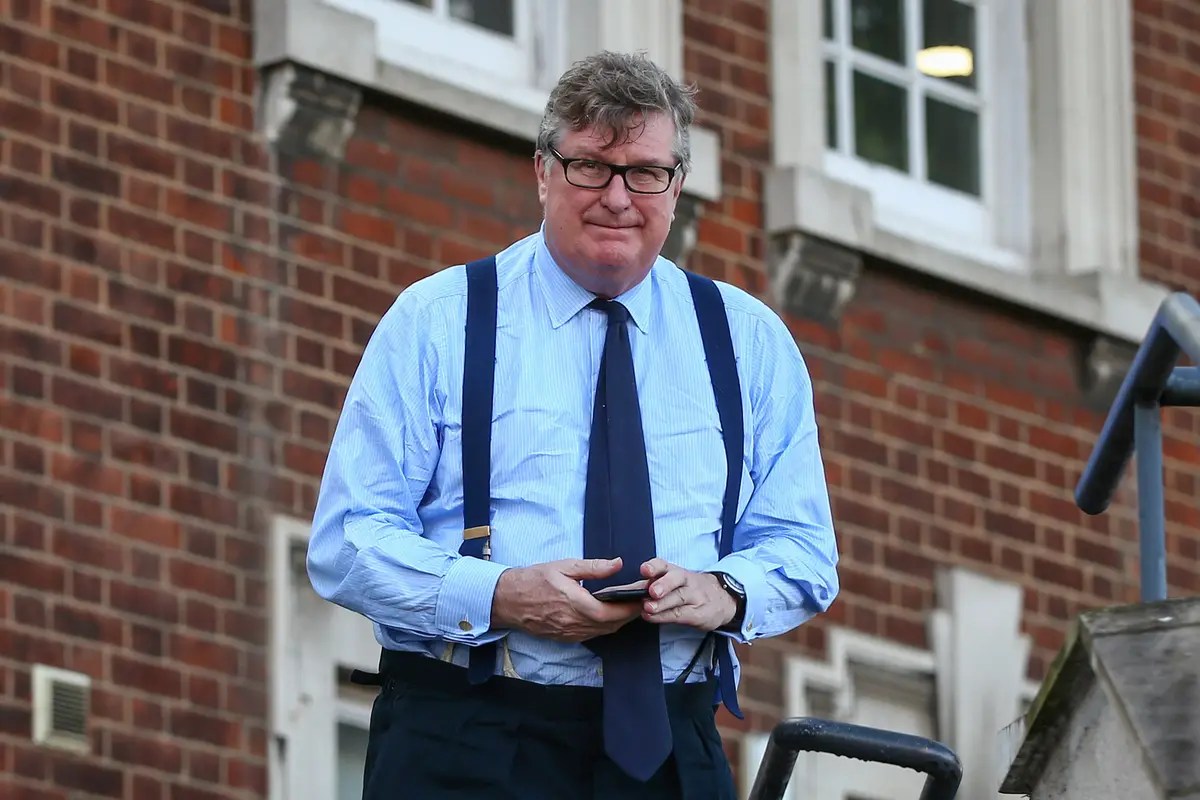BSL Antony and Cleopatra at the Globe is radical but frustrating
Blanche McIntrye’s bilingual staging of Antony and Cleopatra at The Globe is as frustrating as it is powerful. Antony’s Romans use English, Cleopatra’s Egyptians use British Sign Language (BSL), and the entire play is subtitled on a huge screen that centres the staging. The use of BSL allows for a new and radical reading of [...]


Blanche McIntrye’s bilingual staging of Antony and Cleopatra at The Globe is as frustrating as it is powerful.
Antony’s Romans use English, Cleopatra’s Egyptians use British Sign Language (BSL), and the entire play is subtitled on a huge screen that centres the staging. The use of BSL allows for a new and radical reading of Shakespeare’s English, which plays out in broad sweeps and delicate details and across bodies in ways that make words obsolete.
The deaf cast, led by Nadia Nadarajah’s Cleopatra, embody their lines so beautifully that you regret the inevitability of your eyes drifting back up to the screen. The actors are particularly good at capturing comedy, which is commendable in a play that drunkenly lurches between genres.
The strong ensemble cast see-saws between settings where the only real sense of place is found in language. The Romans stand locked in groups and shout about territory and naval manoeuvres, while the Egyptians open up the stage with gossip and talk of love. The tightness of words against the expansiveness of the body stands in as a clever marker of difference where the rest of the staging often falls flat.
At its most frustrating, the promise of a new interpretation of Antony and Cleopatra is undermined by the half-baked use of costume and set design. The stage feels empty while a procession of leather sandals and wooden swords shifts across it. At times it feels like watching a rehearsal. Enobarbus’ famous ‘The barge she sat in, like a burnish’d throne’ speech felt like he must have been talking about a different Cleopatra. In one of the oddest choices, death scenes are accompanied by what sounded like a rendition of The Last Post. This anxious need to back up the staging with paper-thin theatrical trappings means the play never reaches its full potential, even after gesturing at it with, well, gestures.
It’s a shame, because McIntryre’s bilingual adaptation gets to the heart of Antony and Cleopatra: a failure of hearing. This is notably different to Shakespeare’s other plays where miscommunication becomes the wheel on which comedy or tragedy turn. Here, there are countless times when characters choose not to listen, from messengers and soothsayers to Antony’s exacerbated ‘hear me’ cries to Cleopatra. The use of English and BSL is an apt mirror to that failure of hearing. A gap opens up between the way we communicate and navigate the world. This is at its most powerful when the lovers are able to cross into each other’s blinkered worlds, where Antony signs and Cleopatra shouts. It’s a glimpse at what could have been in a play that hints at brilliance but falls agonisingly short.
• Antony and Cleopatra is on now at Shakespeare’s Globe



